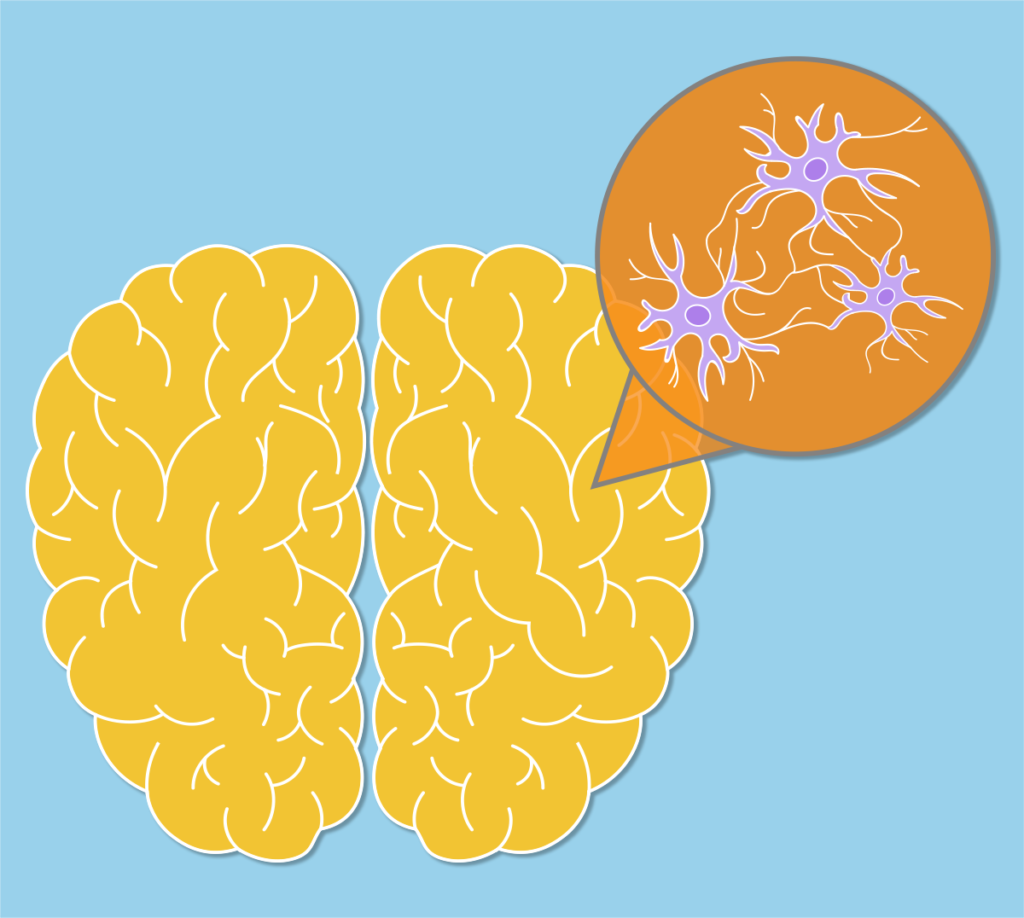Sudden Unexpected Death in Epilepsy (SUDEP) is defined as the sudden, unexpected witnessed or unwitnessed death of a person with epilepsy, where no apparent cause of death is identified during an autopsy. This unexpected and traumatic event affects families of people with epilepsy and has a reported incidence of 1 in 1,000 individuals with epilepsy annually, representing the most common cause of death related to epilepsy.
During the last few years SUDEP has received substantial attention leading the epilepsy community to work with great effort raising awareness and empowering not only individuals with epilepsy and their families but healthcare professionals to identify and manage potential risk factors.
The precise cause of SUDEP or how it happens is not yet fully understood. Several factors have been associated with the risk of SUDEP including the severity and frequency of seizures, type of seizures, age of seizure onset, missed doses of antiseizure medication and the presence of other medical conditions. However, research suggests that SUDEP may be a result of a combination of factors, including dangerous changes in the heart rhythm or cardiac arrest, reduced oxygen in the blood due to abnormal breathing like in the pauses of breathing known as apneas or because of suffocation caused by obstruction of the airway, and altered function of the brainstem (structure that connects the brain with the spinal cord). It is important to understand that SUDEP is not directly caused by seizures themselves but rather by a series of changes in the body that occur during or after a seizure. It can even happen in people with well-controlled epilepsy.
People with drug-resistant epilepsy or poorly controlled seizures, generalized tonic-clonic seizures, seizures occurring during sleep, a long history of epilepsy and who have experienced previous seizures with prolonged duration, and taking multiple antiepileptic medications are at a higher risk for SUDEP.
It has been challenging to completely prevent SUDEP, but some measures have been identified to reduce the risk. These include:
- Follow recommendations on how and when to take antiepileptic medications to control seizures.
- Seek early evaluation by a clinician trained in epilepsy or visit a center with experts in epilepsy, if seizures cannot be controlled.
- Avoid triggers associated with seizures such as lack of sleep, stress, alcohol and recreational drugs, irregular intake of medications.
- Collaborate closely with your healthcare team to tailor treatment to your individual needs.
- Book and attend regular follow-up appointments to monitor seizure control, evaluate changes in symptoms, modify medication, discuss emotional issues, and keep other health conditions in check.
Healthcare professionals play a vital role in the prevention and management of SUDEP. It is essential for physicians to:
- Have open, honest, and informative conversations with people with epilepsy and their families about the risks associated with SUDEP.
- Recommend the use of a diary or to keep record of the seizures, seizure triggers and educate on how to avoid them.
- Highlight the importance of attending regular follow-up appointments.
- Emphasize the importance of taking the medications and following recommendations as prescribed.
SUDEP is a difficult and challenging topic to discuss with people with epilepsy, caregivers, and families. Education will explain and clarify how complex epilepsy and SUDEP are. It is essential to minimize suffering and alleviate feelings of guilt or responsibility by those affected by SUDEP, and to make sure that medical personnel have all the tools to deliver the best possible care.
People with epilepsy and their families should be provided with accurate information about the risks, possible preventative measures, and available support services and encouraged to actively participate in their epilepsy care.. In addition, training healthcare professionals about SUDEP will ensure early intervention, increase awareness, help empower people with epilepsy and their families and create a compassionate and supportive environment within the community.
SUDEP is a devastating side effect of epilepsy that needs special attention and understanding. It is imperative to raise public awareness, advocate for preventative measures, and encourage compassionate communication between healthcare professionals and people with epilepsy. In addition, ongoing research will also help to better understand how SUDEP happens and how to implement prevention strategies.



